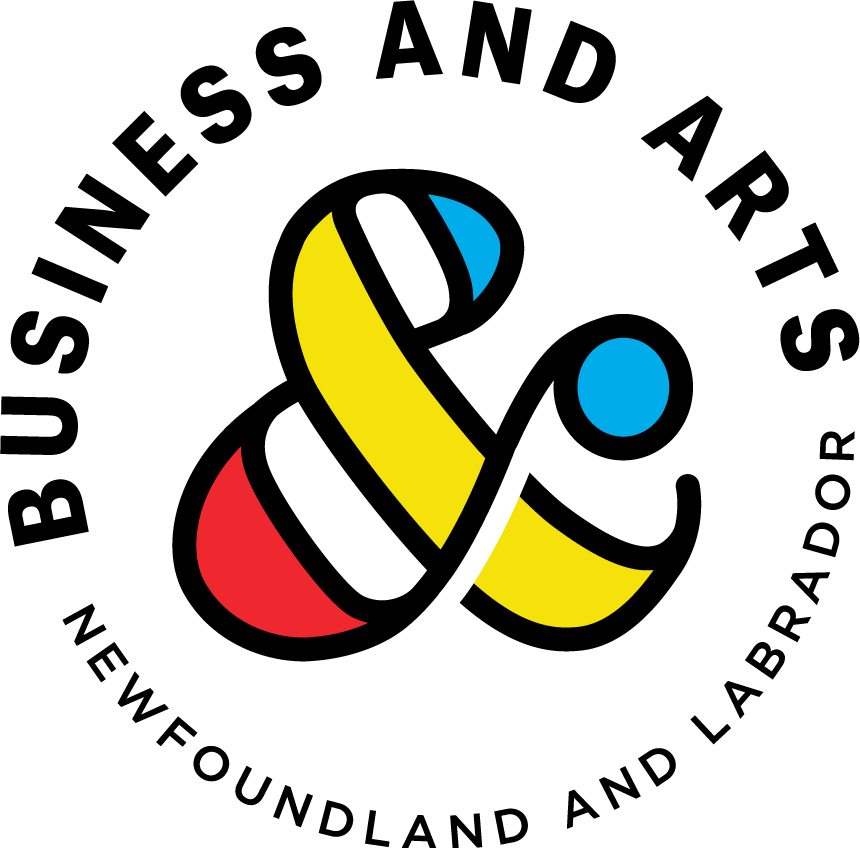Working Better Together: Q&A with Chad Decker of People Stuff
Do you know how to handle conflict resolution and work with different personalities? Are you giving performance reviews and feedback in a timely and effective manner? Are you sure that everyone in your organization is working towards the same goals?
If you work in an arts organization, chances are you’re stretched thin as it is and you might not have the time and resources (like a Human Resources team at the ready) to deal with some of these issues. That’s why on May 26, we’re bringing in Chad Decker of People Stuff to lead a HR workshop to help you and your team get better engaged and in tune with yourselves and each other, helping promote a more harmonious workplace.
We recently caught up with Chad to talk about the importance of communication, recognizing your emotions and how to create a workplace where people want to be.
Business & Arts NL: Like any other sector, if you work in the arts, you’re likely going to come across a lot of different personalities and there’s going to be disagreements about how things are done, etc. What are a couple of tips you can offer to help people deal with this situation?
Chad Decker: The important part is when you get into a system - and there's many different methods out there on how to do this; I'm going to be just talking about one of them, which is called DiSC ((D)ominance, (i)nfluence, (S)teadiness and (C)onscientiousness), the DiSC personality profiling. But the whole point of it is to, first of all, better understand your personality and how you work. So a lot of times people don't know, because they don't think about “How do I work? How do I think? How do I like to act? How do I like to be spoken to? How do I speak to others?” those kinds of things. And so I think the first step is to learn your own style and the benefits and downfalls of that because (with) every personality, there's positives and there's things that are a little more challenging. And then what you'll do is you'll learn (about) other personalities and how you work with them. So in the end the better you understand that, the more you can prepare and understand where people are coming from.
Business & Arts NL: You’ll also be talking about employee engagement. How can people enhance this?
CD: We always say there's four different areas that you want to measure and improve on. Number one is always communication - that's the one that always gets a lot of negative feedback, e.g. "The communication is not good enough here." You want to look at opportunities for people to grow. You want to look at trust in the workplace…and then the last one is feedback - feedback, basically, and praise; it kind of goes together. So that's the four areas we always start with. We say if we can look at these areas, and how we can improve these four, you're off to a good start. It's not the end-all, but it definitely will improve your engagement in the workplace.
Business & Arts NL: One of the things you’ll be covering in your session is emotional intelligence. Why is this an important thing to cultivate in the workplace?
CD: I think it's very important because when there's conflict in the workplace, sometimes people don't necessarily recognize their emotions…So it's recognizing your emotions, understanding them and controlling them. That's important because there are so many times where I see workplaces where there's a bunch of emotional outbursts; or the opposite, where people aren't recognizing their emotions and they keep it locked inside so they might seem like they're okay, but inside they're a complete mess and it's kind of that elephant in the room you're ignoring, or people get passive aggressive or all those things. Those things always cause problems.
Business & Arts NL: Looking at everything you’ll be covering, what's one of the main takeaways that you hope arts organizations will get from your session?
CD: I think the whole point, and the reason we put these four together, is that they kind of go hand in hand in some ways. But it's all about trying to create a work environment that, in the end, it's people coming to work (and) they know, “Okay, I'm coming to a workplace, it's professional, I have a voice, everybody has a voice, we can work together, we can deal with conflict, we can deal with coaching." So it's understanding your people better, creating a more professional work environment, and hoping that at the end of the day people walk away feeling like, "I work in a place where the trust is good, I understand where people are coming from, I understand how to deal with my emotions, I understand how to deal with my frustrations." And in the end it creates a much better workplace.
Workshop:Working Better Together: Tips & Tools for Creative Professionals
Date/Time: Wednesday, May 26 from 1-2pm NDT
Location: Online via Zoom
Price: Free
Registration:Click here


